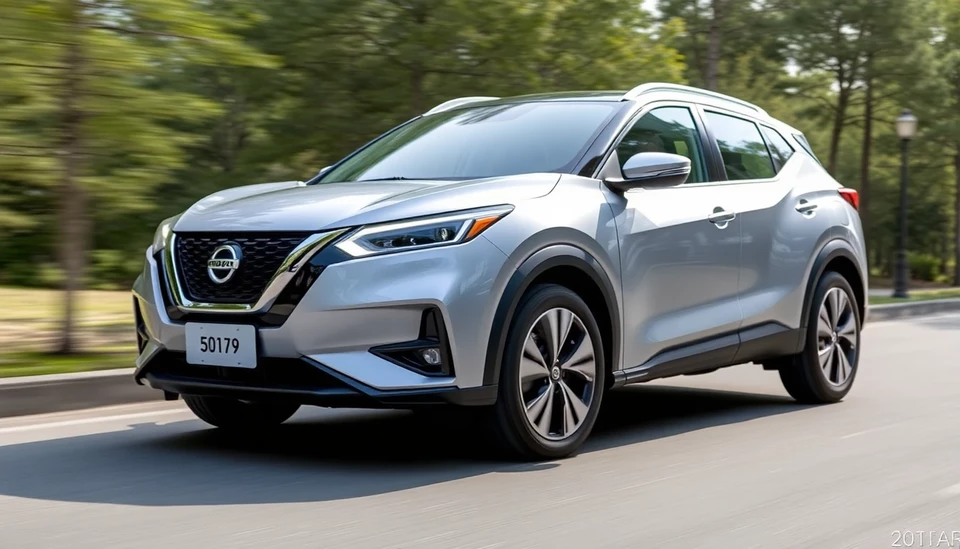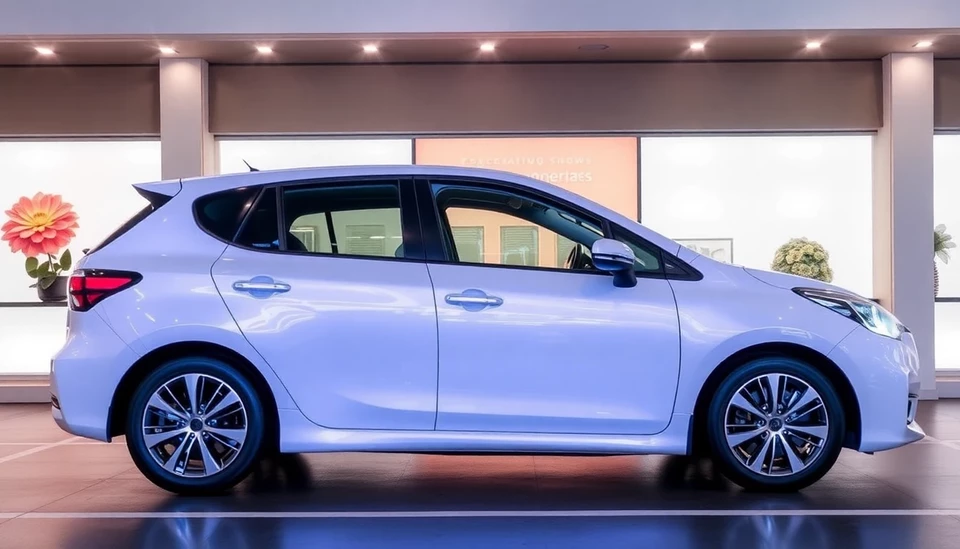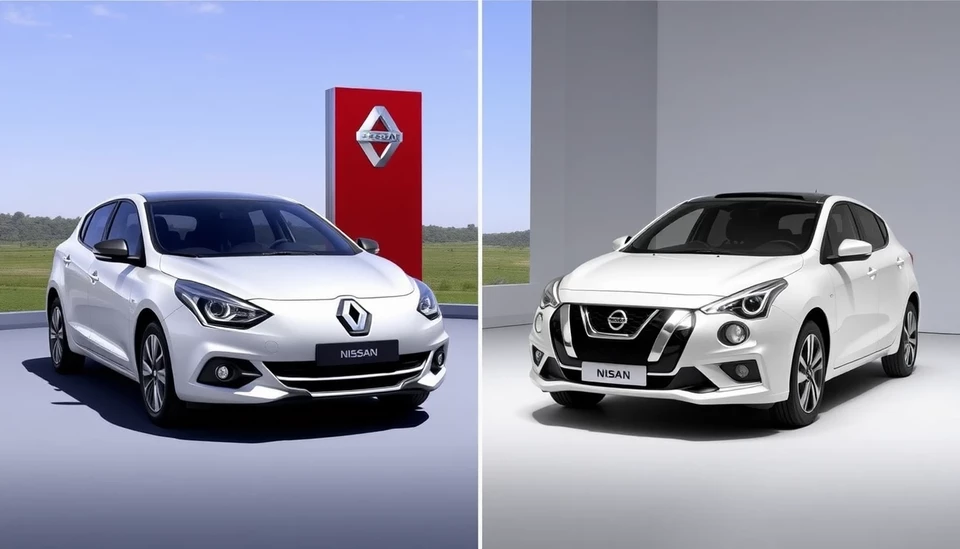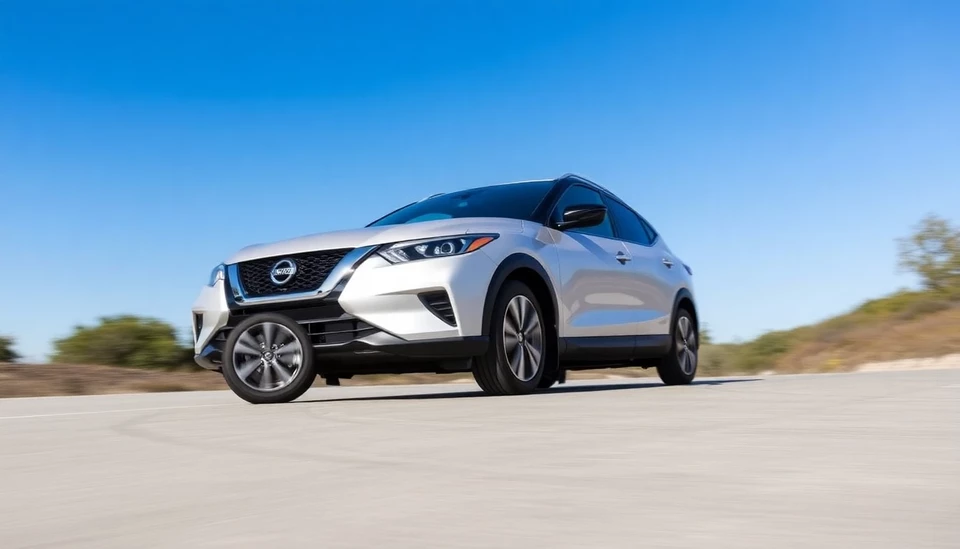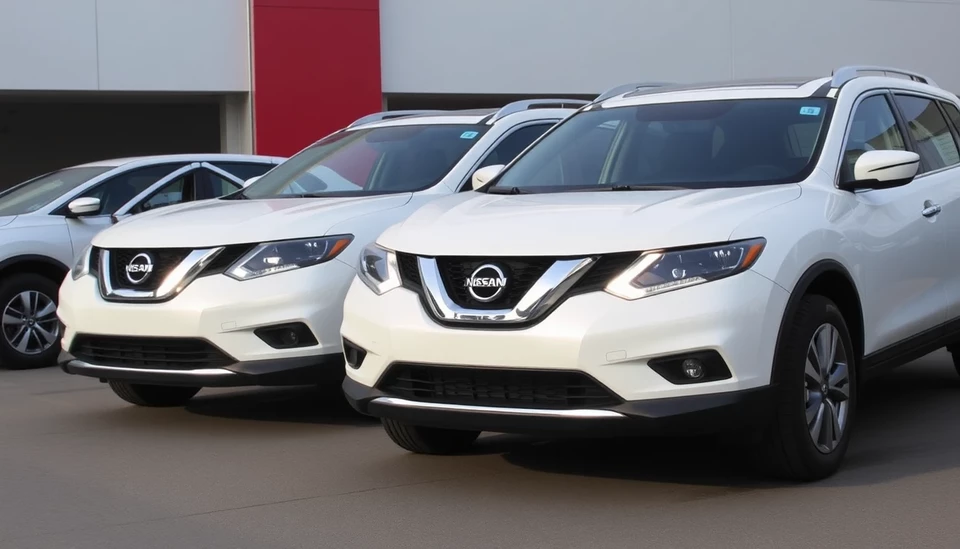
Nissan Motor Co. is facing significant challenges in the automotive market, with a lineup of aging models that are failing to capture the interest of modern car buyers. As consumers gravitate toward brands offering newer, more innovative vehicles, Nissan finds itself at a critical juncture, battling stagnation in sales and a tarnished reputation.
The latest reports indicate that Nissan's market position is deteriorating, particularly in the highly competitive U.S. market. Buyers are increasingly seeking vehicles equipped with the latest technology, more efficient engines, and contemporary designs. Unfortunately, many of Nissan's popular models, including the Altima sedan and the Rogue SUV, have not been updated to keep pace with industry advancements, resulting in declining consumer interest.
Industry experts attribute Nissan’s plight to a strategy that has not evolved alongside consumer expectations. With competitors such as Toyota, Honda, and emerging electric vehicle makers like Tesla pushing boundaries in both innovation and customer engagement, Nissan appears to be falling behind. The lack of new models and updates creates a risk of alienating a generation of buyers who prioritize sustainability and cutting-edge technology in their purchasing decisions.
Amidst these challenges, Nissan has announced plans to refresh its lineup in hopes of regaining consumer trust and market share. Executives are aware of the need for urgent updates and new releases, which may include electrified versions of existing models and entirely new vehicles aimed at the EV market. Yet, implementing these changes poses substantial hurdles, including supply chain constraints and the need for significant investment.
Moreover, the brand's image continues to be affected by past controversies, including quality issues and safety recalls that have tarnished its standing in the automotive community. To combat this, Nissan must not only present a new array of appealing models but also address the underlying perceptions that have contributed to its declining sales.
Despite these difficulties, there are glimmers of hope within the company. Nissan's recent collaboration with technology companies and investments in electric mobility indicate a positive direction. However, realizing these initiatives into tangible products and successful sales will be the real test of Nissan’s ability to reclaim its status in a rapidly evolving marketplace.
In conclusion, while Nissan is faced with an alarming situation regarding its outdated models, the company's future hinges on its capacity to innovate and resonate with a new generation of consumers who demand more from their vehicles. The way forward will undoubtedly require bold decisions and a willingness to adapt to the changing tides of the automotive industry.
#Nissan #NissanMotor #ElectricVehicles #AutomotiveMarket #Innovation
Author: Samuel Brooks
